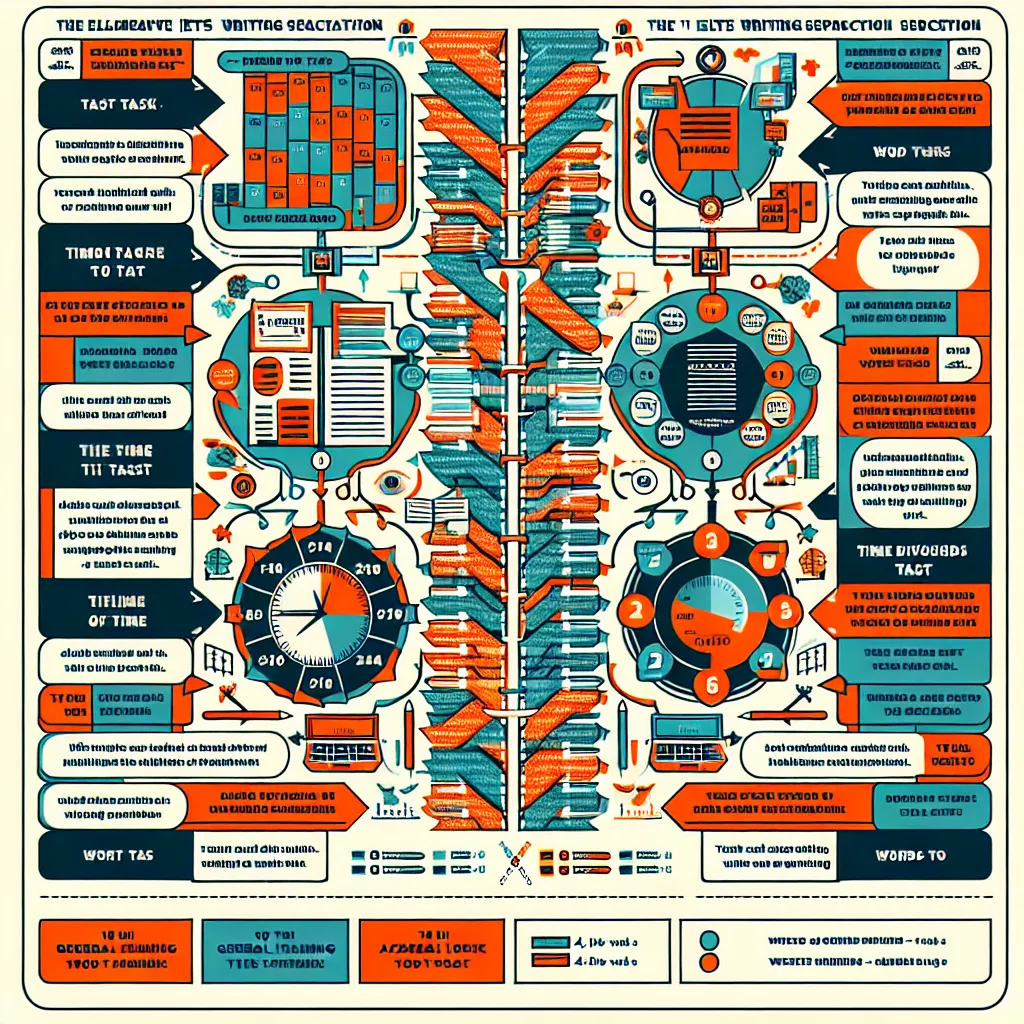Are you preparing for the IELTS Listening test? Understanding the common traps and knowing effective strategies can significantly boost your performance. In this comprehensive guide, we’ll explore the most frequent pitfalls in IELTS Listening and provide you with valuable tips to overcome them.
Understanding IELTS Listening Traps
IELTS Listening is designed to assess your ability to understand spoken English in various contexts. However, it’s not just about listening; it’s about listening smartly. Many test-takers fall into traps that can easily be avoided with proper awareness and practice.
Trap 1: Spelling and Grammar Errors
One of the most common traps in IELTS Listening is making spelling and grammar mistakes. Even if you hear the correct answer, writing it incorrectly can cost you valuable points.
 IELTS spelling mistakes
IELTS spelling mistakes
Tips to avoid this trap:
- Practice spelling commonly misspelled words
- Pay attention to singular and plural forms
- Be cautious with homophones (words that sound the same but are spelled differently)
Trap 2: Synonyms and Paraphrasing
The IELTS Listening test often uses synonyms or paraphrases of the words you hear in the audio. This can trick you into missing the correct answer if you’re listening for exact word matches.
Tips to overcome this:
- Expand your vocabulary, especially with synonyms
- Practice paraphrasing exercises
- Listen for meaning rather than specific words
Trap 3: Distractors
Distractors are pieces of information designed to mislead you. They might be mentioned in the audio but are not the correct answers to the questions.
How to avoid distractors:
- Read the questions carefully before listening
- Focus on the specific information required
- Don’t rush to write the first answer you hear
Essential Tips for IELTS Listening Success
Now that we’ve identified the traps, let’s look at some crucial tips to help you excel in your IELTS Listening test.
Tip 1: Improve Your Prediction Skills
Predicting what you’re about to hear can significantly improve your comprehension.
How to enhance prediction:
- Read the questions and options thoroughly before the audio begins
- Use the time given to familiarize yourself with the context
- Think about the type of information you need to listen for (names, numbers, dates, etc.)
Tip 2: Develop Active Listening Habits
Active listening involves engaging with the audio content rather than passively hearing it.
Strategies for active listening:
- Visualize the scenario being described
- Take notes of key points
- Stay focused even if you miss some information
Tip 3: Practice with a Variety of Accents
IELTS Listening features speakers with various English accents. Familiarizing yourself with different accents can prevent confusion during the test.
How to practice:
- Listen to podcasts from different English-speaking countries
- Watch international news channels
- Use IELTS practice materials that include various accents
Tip 4: Master Time Management
Time management is crucial in IELTS Listening. You need to listen, process information, and write answers simultaneously.
Time management techniques:
- Practice transferring answers quickly and accurately
- Use abbreviations in your notes
- Stay calm and move on if you miss a question
Tip 5: Improve Your Concentration
Maintaining focus throughout the test is essential for catching all the necessary information.
Ways to enhance concentration:
- Practice mindfulness and meditation
- Do concentration exercises regularly
- Ensure you’re well-rested before the test
Advanced Strategies for High Scores
To aim for top scores in IELTS Listening, consider these advanced strategies:
Strategy 1: Anticipate Question Types
Different sections of the IELTS Listening test typically feature certain types of questions. Knowing what to expect can help you prepare better.
Common question types:
- Multiple choice
- Matching
- Plan/map/diagram labelling
- Form/note/table/flow-chart/summary completion
- Sentence completion
Strategy 2: Develop a Personal Shorthand
Creating your own system of abbreviations and symbols can help you take notes more efficiently during the listening test.
Tips for developing shorthand:
- Use common abbreviations (e.g., ‘govt’ for government)
- Create symbols for frequently used words
- Practice your shorthand system regularly
Strategy 3: Use the Repeat Listening Technique
In your practice sessions, listen to the same audio multiple times, focusing on different aspects each time.
How to use this technique:
- First listen: Focus on general understanding
- Second listen: Pay attention to specific details
- Third listen: Concentrate on accent and pronunciation
Common Mistakes to Avoid
Being aware of common mistakes can help you prevent them during the actual test.
- Writing more than the word limit
- Not reading instructions carefully
- Panicking when you miss an answer
- Losing focus during longer sections
- Forgetting to check your answers at the end
Next Steps in Your IELTS Listening Preparation
Now that you’re armed with knowledge about common traps and effective strategies, it’s time to put them into practice:
- Take a diagnostic test to identify your weak areas
- Create a study plan focusing on your identified weaknesses
- Practice regularly with official IELTS materials
- Record your progress and adjust your strategies as needed
- Take full-length practice tests under exam conditions
Remember, success in IELTS Listening comes with consistent practice and smart preparation. By being aware of the traps and applying these tips and strategies, you’ll be well on your way to achieving your target score.
We encourage you to share your experiences and any additional tips you’ve found helpful in the comments below. Good luck with your IELTS preparation!
[internal_links] For more information on other IELTS sections, check out our guides on IELTS Reading strategies and IELTS Writing task preparation.




